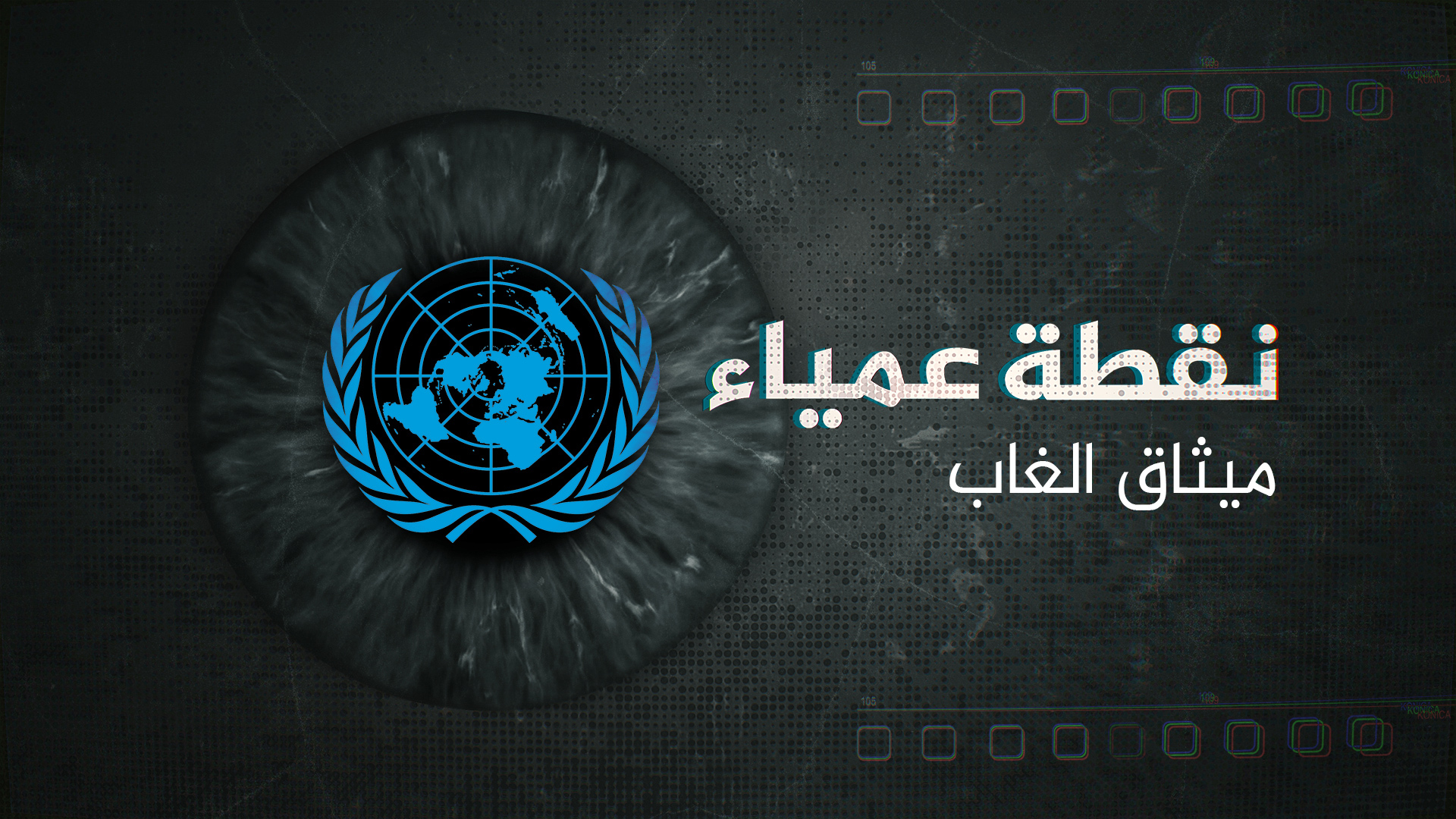play videoplay video
Video duration 05 minutes 00 seconds 05:00
It seems that the history of human hypocrisy has not yet reached its final stop, as the United Nations continues to consolidate the fact that the provisions of its Charter apply to some countries but not others, while the major powers confirm day after day that they do not care about crushing their principles when it comes to interests.
The international organization was established in 1919 as one of the fruits of World War I (1914-1918), but it failed to prevent the outbreak of World War II (1945), which claimed the lives of 9 million people.
Over the course of 10 decades, the organization has confirmed - in more than one crisis - that it has not yet learned the lesson of politics, because of its habit of looking with one eye at the dangers threatening countries or peoples.
This one-eyed view of the United Nations is evident in its charter, which gives the five major countries (the United States of America, Russia, China, the United Kingdom, and France) veto power that can stop any decision, regardless of the international consensus on it.
Through this unfair practice, the fact was established that all articles of the Universal Declaration of Human Rights and the provisions of the United Nations Charter are nothing but ink on paper in the face of legalized global dictatorship.
While Article 51 of the UN Charter clearly stipulates the right to self-defense, this right is activated in a selective manner by countries supporting Israel, which use it as a justification for the occupying state’s aggression against defenseless civilians in Palestine.
It does not represent the use of the right to self-defense to justify Israel's crimes. Britain used the same pretext to occupy Egypt at the end of the 19th century, when its fleet bombed the city of Alexandria (July 11, 1882) on the grounds that it threatened its ships.
Based on this historical evidence, it can be asserted that the right to self-defense, like all other rights, will have no meaning unless it is based on a force that protects it.
Despite the attempts of philosophers - from Ibn Khaldun to Jean-Jacques Rousseau - to lay the foundations of a virtuous city, reality confirms that states do not know morality unless they are driven by interests.
In light of this unjust climate, societies' loss of confidence in the credibility of the United Nations and in everything it says increases, in addition to the fact that rebellion and reliance on victory - not argument - to obtain rights represent an increasing threat to international peace and security.
Here comes the question of whether the law of the jungle actually rules this world, or is the human mind capable of preferring right over force, or are humans accustomed to injustice and philosophers will not be able to fix what the “veto” has ruined?
Source: Al Jazeera

